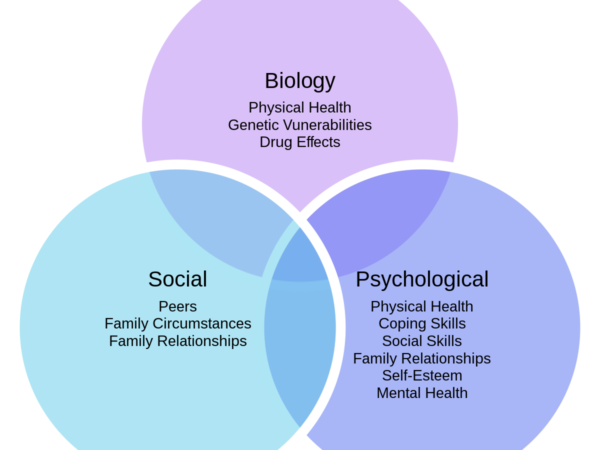A good night’s sleep is crucial for maintaining overall health and well-being. For individuals suffering from chronic pain, however, getting a restful night’s sleep can be difficult. Chronic pain often leads to sleep disturbances, which can exacerbate the pain and lead to a vicious cycle. This article will shed light on the common sleep disturbances associated with pain and offer some practical tips to help sufferers get a better night’s rest.
Common Sleep Disturbances in Pain Patients
Chronic pain sufferers often experience a variety of sleep disruptions that can make it difficult for them to get the rest they need. Some common types of sleep disturbances linked to chronic pain include:
Insomnia – It’s a challenge for people with chronic pain to fall asleep or stay asleep. Persistent pain can make it difficult to get comfortable, and racing thoughts about pain can further interfere with the onset of sleep.
Restless Legs Syndrome (RLS) – RLS is a neurological disorder indicated by an irresistible urge to move one’s legs, particularly during periods of rest. This condition is often associated with various pain conditions, like fibromyalgia, and can make it challenging to fall asleep or stay asleep.
Sleep Apnea – Sleep apnea is a condition in which there are brief interruptions in breathing during sleep. People living with chronic pain are at higher risk for developing sleep apnea, which can further disrupt their sleep quality.
Frequent nighttime awakenings – Pain can cause people to wake up more frequently at night, making it difficult for them to reach the deep, restorative stage of sleep that is essential for healing and rejuvenation.
Fibromyalgia – Fibromyalgia is a chronic condition that is often accompanied by extreme fatigue and sleep disturbances. Individuals with fibromyalgia may have trouble falling asleep or staying asleep, and they tend to wake up feeling tired even after a night’s rest.
Tips for Improving Sleep Quality in Pain Patients
Getting a good night’s sleep when dealing with chronic pain may feel like a daunting task, but there are steps that can be taken to improve sleep quality.
Establish a sleep schedule – Always waking up at the same time can help regulate your sleep cycle. Consistency is key.
Create a relaxing bedtime routine – getting engage in relaxing activities before bedtime, such as reading, meditating, or taking a warm bath, can signal your brain that it’s time to wind down and prepare for sleep.
Prioritize a sleep-friendly environment – A comfortable, cool, dark, and quiet sleeping space can greatly enhance the quality of your sleep. Invest in a supportive mattress and pillows that address your pain concerns.
Limit caffeine and alcohol – Both caffeine and alcohol can disrupt your sleep cycle, so it’s essential to limit their consumption, especially in the evening.
Exercise regularly – Doing physical activity every day can help improve sleep quality and can also help manage pain. However, it’s important not to exercise too close to bedtime, as it can be stimulating and interfere with sleep.
Try Cognitive Behavioral Therapy (CBT) – CBT is a therapy technique that can help people with chronic pain reframe their thoughts and beliefs about sleep, making it quite easier to fall asleep and stay asleep.
If you are still struggling to find restorative sleep and manage your pain, consider visiting a reputable pain clinic in Chicago. With the help of qualified healthcare professionals, you can develop an effective treatment plan to improve your sleep and break the cycle of chronic pain.
To Sum Up
Getting a good night’s sleep is key to managing chronic pain. However, individuals suffering from chronic pain often experience various types of sleep disturbances that can make it crucial to get the rest they need. Fortunately, there are steps people can take to improve sleep quality, such as setting a sleep schedule, creating a relaxing bedtime routine, and exercising regularly. If you are still struggling to find restful sleep, consider visiting a pain clinic to develop an effective treatment plan. To learn what pain management is and how can pain management doctors help you check out this blog. With the right care and strategies, it is possible to improve sleep quality when living with chronic pain.




